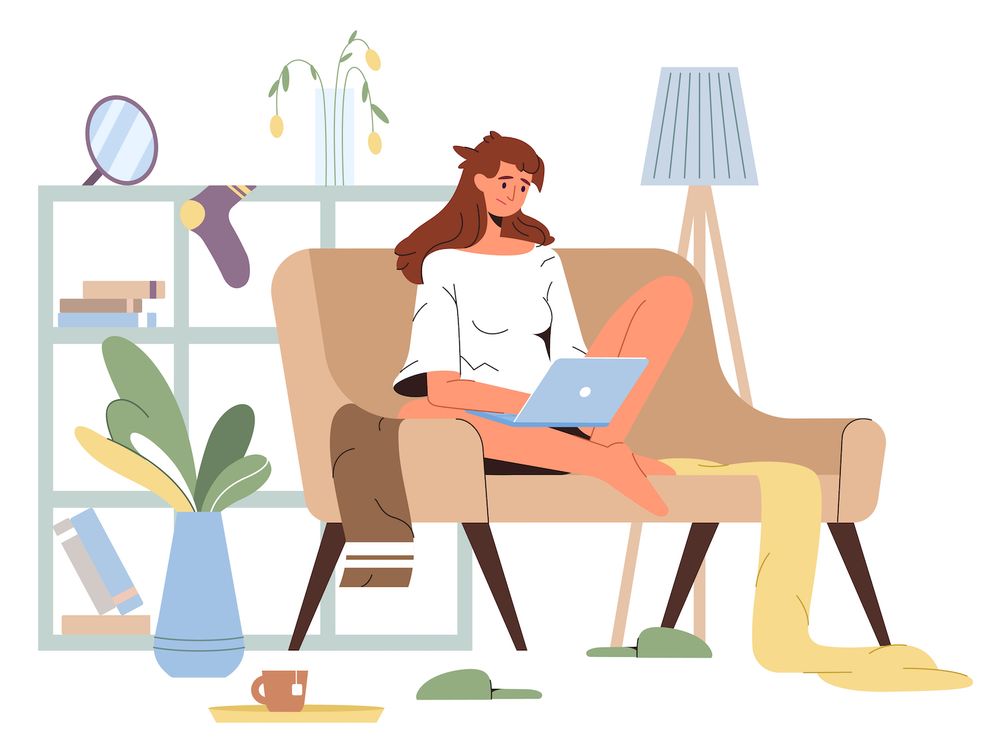Get rid of perfectionists: Advice from the creators of content
You've probably had a friend who could not finish a project because they felt every aspect must be flawless. But, perfection doesn't exist (truly). This is why the project sits incomplete either on their laptop or their studio. Some might consider their time wasted as no one ever gets to be able to experience what the designer produced.
The tendency to be perfect can prove to be a huge blocker for creators and entrepreneurs. Based on a study by the Journal of Personality and Social Psychology, perfectionism is associated with "feelings of failure, guilt or guilt, indecisiveness, procrastination shame, and lower self-esteem." This is why, people struggle to get ahead with their task or project - this is called perfection paralysis.
But, how do you get over it?
Letting go of perfectionism and recalibrating to a more real-world standard for when something can be shared is a challenge. To help you do this, we invited two authors to discuss their experiences of conquering perfection paralysis during a virtual summit in August of 2022. The session can be viewed below:
Before we get into the tricks, we'll meet our speakers:
Steve Harris is a global business coach, who assists high-performing individuals and institutions bridge the gap between their potential and performance. He's been described as "ruthless", he's had the privilege of working with over 1000 clients, pushing them to do their effort to achieve outstanding results.
Grace Abbott is a multi-hyphenate designer, strategist, and branding expert that specializes in growing companies that are at the crossroads of content and commerce. The last five years of her career have been devoted to developing To Be Magnetic - turning an old wellness blog into a fast-growing membership platform- the #1 site for Neural manifestation.
Responses have been edited for brevity.
Why do people get caught up in perfectionism?
Have you overcome your perfectionism?
Digital goods don't have to be perfect, however, they do require the required level of quality to sell. What can an artist do to adjust their expectations to a degree of quality that's going to serve their business and brand?
Grace declares:
"Consider whether it reflects the quality of your content and education that you're going to be putting out? Does it convey a convincing narrative about the value you've got to provide? Then, of course, things like making sure you're doing a copy edit, that you have high-quality video and audio. These are all things that are will make your user experience as high quality as possible.
However, I believe that more than anything else, go at it. It doesn't require a really high end production team in order to produce an excellent video. You can shoot something nice using your iPhone. Be sure to ensure that there's no background and the audio quality is good.
What's the initial step a knowledge creator can do to assist them in creating the first digital product?
Steve says:
"I discover that lots of business owners are engrossed with their message and they're not looking at the marketplace. The question to consider is - is there a market for my message? Now, how do you identify if there's any market to your message?
It's really quite simple - Ask specific questions such as:
- What's the issue that my message or my passion can solve?
- Who's the cause and who needs this solution?
- Who are the people are in your service?
- What are the best ways to discover these?
- How are they going to be able to
- How much money do they have?
- What is the reason anyone should choose you over all the options available?
